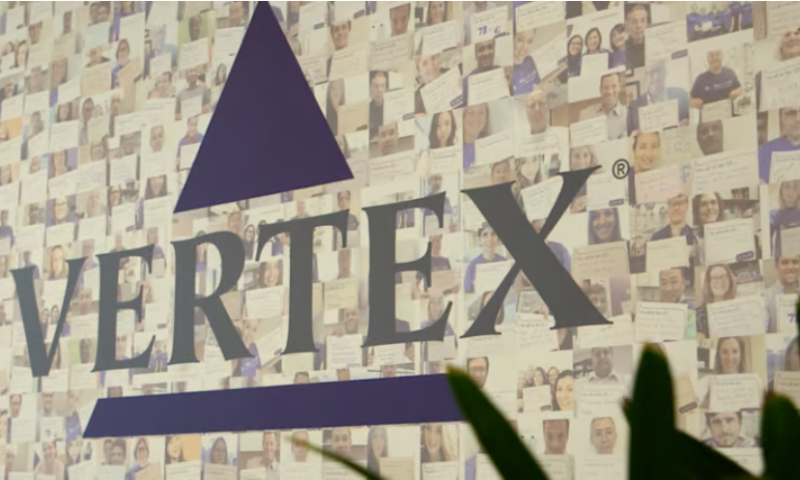Are antibody-drug conjugates the key to better gene editing treatments? That is a question posed by the latest deal by Vertex, which is paying ImmunoGen $15 million upfront to explore the use of ADCs with its near-approval CRISPR/Cas9 therapy exagamglogene autotemcel (exa-cel).
ADCs are best known as cancer drugs. In that context, the pairing of a targeting antibody and a cytotoxic payload can create treatments that wipe out cancer cells without causing unbearable systemic toxicity. Researchers have begun to explore using the same approach to selectively deplete certain cell types to prepare the body for gene therapy and stem cell transplant.
Vertex sees promise in the idea. Currently, recipients of exa-cel, Vertex and CRISPR Therapeutics’ sickle cell disease and beta thalassemia asset, undergo myeloablative busulfan conditioning. The conditioning regime has been linked to adverse events including idiopathic pneumonia syndrome in Vertex’s trials. ADCs may improve the adverse event profile by providing a gentler, more targeted conditioning regimen.
Vertex has bet $15 million upfront on that idea, with potentially up to $337 million in option exercise fees and development and commercial milestone payments to follow per target. The deal allows Vertex to use ImmunoGen’s ADC technology to discover novel targeted conditioning agents and then obtain a worldwide license for conditioning agents that use ImmunoGen’s technology for that target.
Michael Vasconcelles, M.D., ImmunoGen’s executive vice president for research, development and medical affairs, set out what the agreement with Vertex means for his company in a statement to disclose the deal.
“Given Vertex’s extensive experience discovering and developing transformative medicines for patients with serious diseases, we are thrilled they have chosen to explore ImmunoGen’s technology to develop ADCs for transplant conditioning in connection with gene editing. This agreement reflects our continued innovation in the ADC space and demonstrates the value of our technology platform,” Vasconcelles said.

